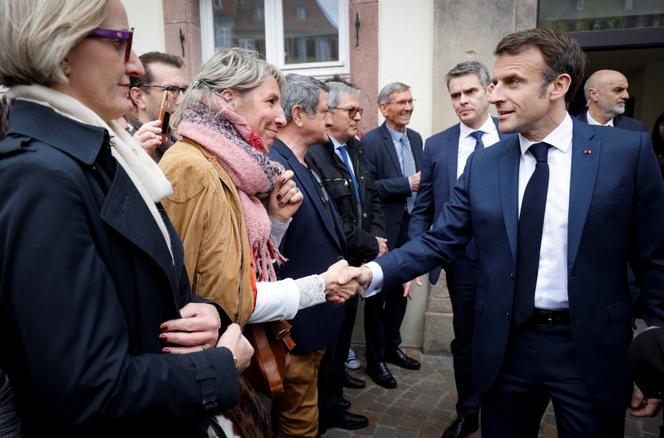


For Emmanuel Macron's coalition of parties, the most visible findings of the third wave of the opinion poll carried out on the June European elections by Ipsos-Sopra Steria in partnership with Sciences Po's Cevipof, the Institut Montaigne, the Fondation Jean Jaurès and Le Monde, can be summed up with three simple data points: A score of 18% of voting intentions; a 13-point gap behind the far-right Rassemblement National (RN) party; a 5-point drop when compared to 2019. There can be no doubt that, if June's results were in line with these March voting intentions, these data points would overwhelm any other analysis and be interpreted as a heavy defeat for the French President.
However, an in-depth analysis of the results shows that the less-visible side of this data deserves even greater attention. Firstly, from a demographic point of view – and despite the appointment of Gabriel Attal as France's youngest-ever prime minister at 34 – support for Macron's coalition has disappeared among young people: 4% of voting intentions among 18-to-24-year-olds versus 29% among the over-70s. No other party has such a huge gap. This figure is edifying: For every 100 voters for the government coalition, two-thirds are now over 60.
From a sociological point of view – and despite the priority given to employment since Macron's election – support for his coalition has become marginal among employees: 12% among public-sector employees; 14% among private-sector employees. Even among senior executives, among which it achieved its best score of 21%, the list led by Macron's chosen candidate Valérie Hayer was only 2 points ahead of the RN.
Finally, from a political point of view, the president's Renaissance-Horizons-MoDem joint list has come under attack from both sides. As a result of Macron's accentuated rightward shift in policy since his reelection for a second term in 2022, it has lost out on the left: 20% of voters who voted for Macron in the first round of the 2022 presidential election are expected to vote for a left-wing list in the European elections – mainly for the one led by Raphaël Glucksmann, bringing together the Parti Socialiste and Glucksmann's own party Place Publique. Yet, despite this rightward shift, Macron's coalition struggles to fully rally support from the right: Ranked on a left-right scale going from 0 to 10, voters who placed themselves at 7 or 8 were more likely to vote for the far right list led by Jordan Bardella, the president of the RN.
You have 54.4% of this article left to read. The rest is for subscribers only.
